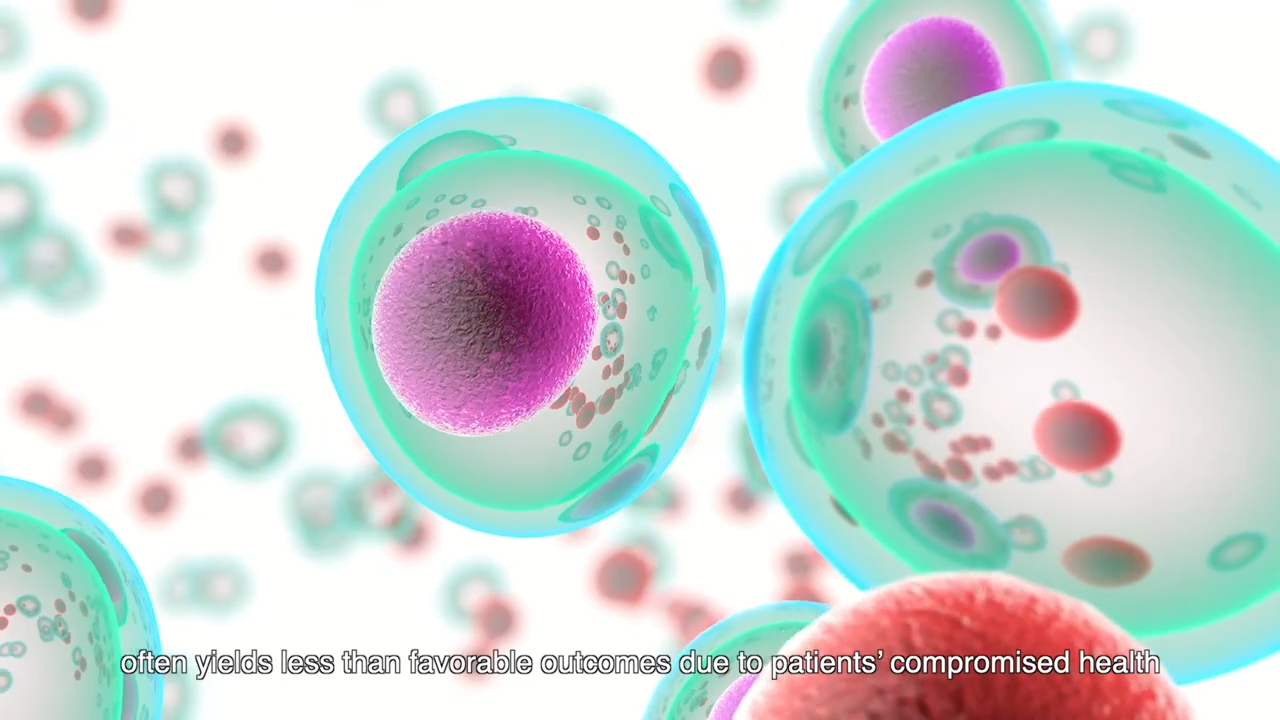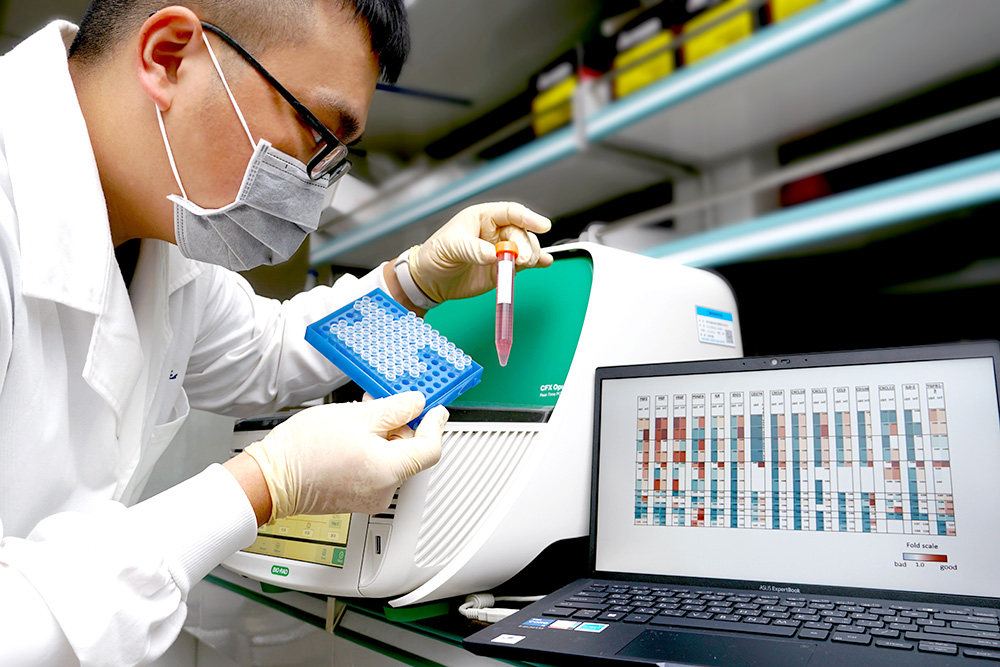Feature
Driving Cell Therapy Development via Cell Screening

KFCI identifies the most effective donor cells before clinical trials start, creating an allogeneic stem-cell bank for developing cell therapy products.
Current cell therapy research relies heavily on manual safety assessments of donor cells, often without sufficient in vitro data on cell efficacy. As a result, clinical trials frequently uncover unsuitable cell samples, leading to significant time and resource wastage. To address this gap in cell potency assessment, ITRI developed Key Functional Cell Identity (KFCI), a novel image-based screening technology designed to identify super-donor cells based on their unique biological properties at an early stage.
KFCI has been recognized for its innovation and impact, winning a Silver Award at the 2024 Edison Awards. This accolade highlights the technology’s potential to enhance the success rate of clinical trials and accelerate the development of allogeneic cell therapy.

KFCI is capable of determining cell efficacy for over 40 medical conditions, including diabetes and myocardial infarction.
By offering researchers a reliable screening platform, KFCI allows for better management of the source and quality of cell samples. It identifies viable cells and their unique biological properties, filtering out ineffective samples, thereby reducing cost and accelerating the development and production of cell therapies. Key features of KFCI include:
- Precise Cell Identification: By analyzing cellular molecules and immunity, it identifies potent cells suitable for treating more than 40 medical conditions. For instance, cells with exceptional angiogenic properties are earmarked for myocardial infarction treatment.
- Cost-Efficiency: It reduces expenses to an estimated 1/10 of current cell therapy costs by filtering out unusable cells.
- Scalability: One donor’s cells can produce 100,000–500,000 doses of a specific cell product.
- Adaptability: With potential integration of AI and biochips, KFCI promises an expedited screening process, potentially achieving nearly instant recognition of viable cells.
These features translate into lower costs, higher efficiency, and faster adoption rates, positioning KFCI as a catalyst for the growth of regenerative medicine. This shortens the time required for patients to find suitable cell therapies. For instance, with fitting allogeneic mesenchymal stem cell products, patients with myocardial infarction can experience significant restoration of heart function and necrotic myocardial cells, improving their overall health conditions.
The advancement of allogeneic cell therapy is indeed gaining substantial momentum in its development,” said Eric Y. Chuang, Vice President and General Director of Biomedical Technology and Device Research Laboratories at ITRI. “The KFCI technological platform integrates advanced imaging and AI-driven recognition capabilities, facilitating an efficient process to identify super-donor cells based on proliferative ability, angiogenesis, and immune regulation. This approach is cost-effective, at approximately one-tenth the expenses of existing technologies, making it easier to find suitable cells and apply them to patients.” Overall, the advancement of allogeneic cell therapy represents a promising frontier in biotechnology and medicine, with the potential to revolutionize treatment options across various diseases and conditions.
KFCI has been licensed to Taiwanese biotech companies for clinical trials, where it aids in identifying allogeneic mesenchymal stem cells for treating myocardial infarction and diabetic wounds. Additionally, KFCI is being utilized to develop new treatments aimed at restoring organ function in acute myocardial infarction cases—a significant improvement over existing methods that do not address heart function recovery. Therefore, this innovation provides new insight for regenerative medicine.